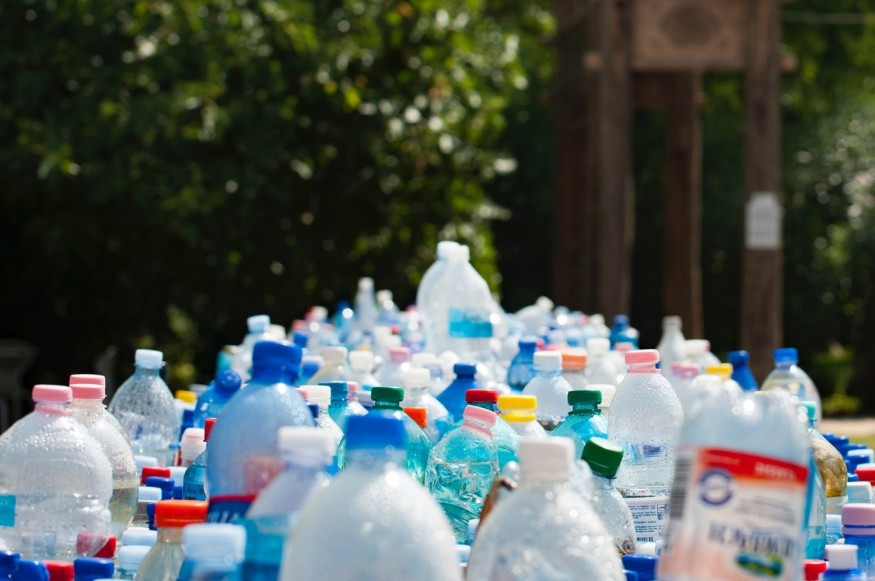
Many people like having a bottle of water with them wherever they go, and most typically they use disposable plastic bottles for this purpose. Despite the convenience of this approach and the overwhelming availability of vitamin-enriched water products on the market, it's worth considering a move away from bottled water. There are several good reasons to reconsider your dedication to bottled water and find a smarter way to stay hydrated throughout the day without drinking unfiltered tap water and risking your own health as well as the long-term sustainability of the environment. Let's cover a few critical points that deserve your attention and could persuade you to switch to another hydration source:
Plastic waste endangers the environment
Plastic water bottles significantly contribute to the environmental crises that we're currently facing. Of course plastic can be recycled, but only a small portion of waste (possibly less than 10%) is processed properly and re-used again. Most of the plastic packaging ends up either in the landfills or in the oceans, where it remains a nuisance for a very long time. By using disposable water bottles on a regular basis, consumers create continued financial incentives for the water companies to keep producing huge amounts of waste, while it's nearly impossible to monitor how the bottles are manufactured and which percentage is made of recycled plastic. It is much more ecologically savvy to use refillable containers with purified water at home, and to carry flasks made of metal or durable plastic when you need to head out into the wild. You don't have to sacrifice any convenience or functionality - plastic is definitely not the only way to package fluids, and many worthy alternatives are at your disposal. However, developing awareness about our personal responsibility for the environment is an ongoing mission, and breaking your bottled water habit is the first step.
Bottled water may be bad for your health
While many brands advertise a variety of beneficial effects, in reality bottled water passes through an industrial facility and may be contaminated in quite a few ways. The impact of water impurities can completely offset any claimed healing power and directly lead to serious health problems if contaminated water is consumed over a long period. Some of the water impurities may be of chemical nature, like chlorine or calcium, and they can damage the skin or cause irritation. In rare cases it's possible for trace amounts of highly toxic materials like arsenic to end up in the commercial bottled water products, with apparently very dangerous consequences. In other instances, bacterial contamination can present a pressing problem, severely affecting the digestive system of the unsuspecting consumer.
That's why it's highly recommended to use both your own reusable water bottle as well as a water purification system and/or filtration device whenever possible in order to ensure that the water you are drinking daily is completely free of any residual matters that could compromise your health.
Protecting our water supply for the long term
Water is one of the most precious natural resources and it's very important that we start treating it with the respect it deserves. When we reduce it to a mass commodity and expose it to systematic industrial contamination, we are tinkering with the very fabric of our ecosystem and gambling with our future. It's clear that a more sustainable resource conservation strategy is needed, and it has to be driven by the needs of the people rather than by greed and ambition of the big companies. In the past, bottled water production was controlled by a few large corporations that displayed little concern for environmental protection or health concerns of the consumers. Some of them even used the profits of their water bottling business to stifle green initiatives and establish firm control over the water sources. Adopting the alternatives - be it tap water or highly purified H2O from an eco-conscious supplier - is mandatory in order to limit the power of the corporations and return a modicum of control over water quality back to those who drink it.
© 2026 NatureWorldNews.com All rights reserved. Do not reproduce without permission.





